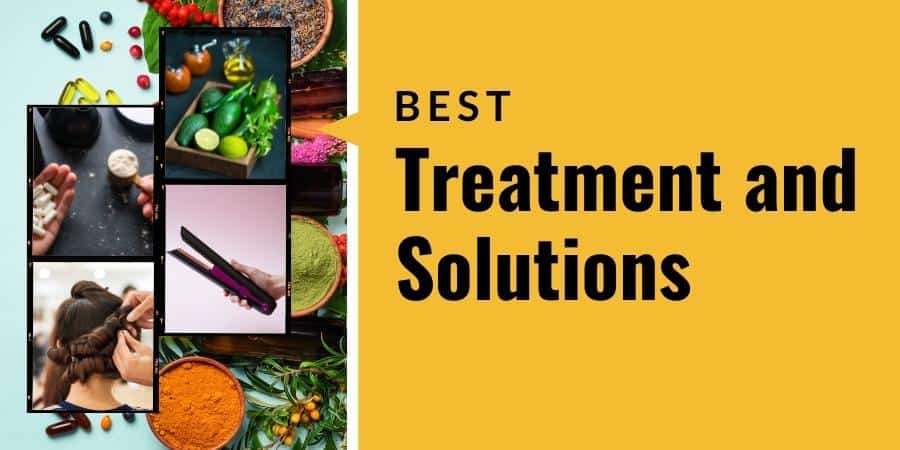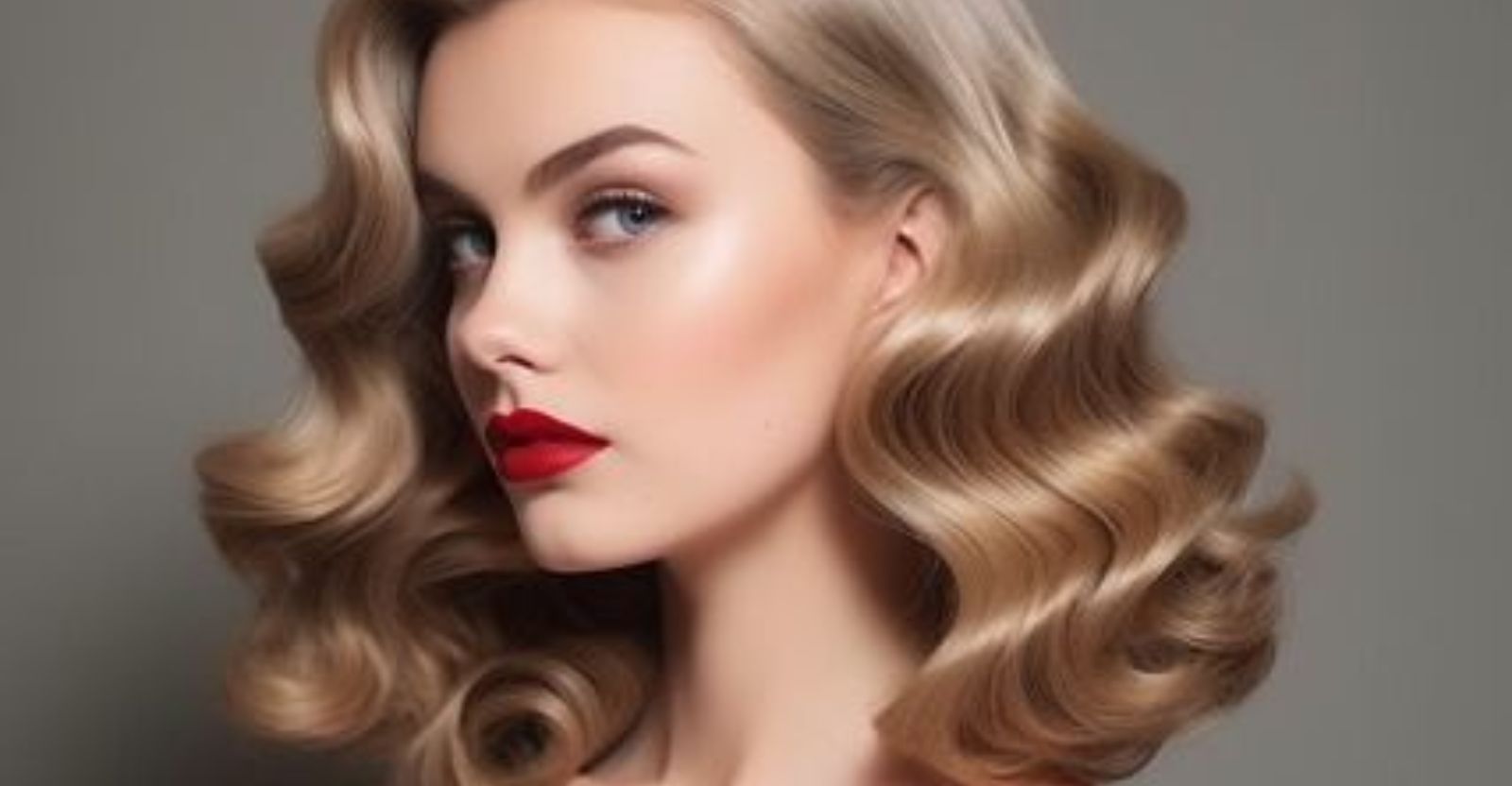Why So Many Women Experience Postpartum Hair Loss?
written by Christina
Published on Feb 7, 2022
What Is Postpartum Hair Loss?
Pregnancy is one big moment in every women’s life. There are many changes emotionally and physically. Women experience hormonal changes during pregnancy that manifest physically. One of the most common signs of hormonal change is on the hair. During pregnancy, the hair seems healthier and fuller. This is because during pregnancy, hormones like estrogen increase, preventing the usual rate of hair loss. But after giving birth, the hormones drop causing the hair to fall out in clumps or in bigger quantities. This is called postpartum hair loss. It is the condition where hair falls off more than usual.What causes women to experience hair loss during pregnancy?
PPH (postpartum hair loss) is a common occurrence for women after giving birth. But what causes postpartum hair loss? How do hormones affect your hair growth? As we have mentioned, during pregnancy, hair seems healthier and fuller. Thanks to the spike in estrogen and the increased volume of blood circulation that delay the natural shedding. But after giving birth, when estrogen drops, hair starts to fall off. You may notice an increase in hair fall, but don’t worry. All the excess hair falling off is just the usual hair that did not fall off during the pregnancy. It seems a lot and it might make you panic since postpartum hair loss may take a few months. But this is completely normal since hormones usually take a few months to get back to normal and natural hair shedding also takes time.The 7 best treatments and solutions for the symptoms of PPH
 Although PPH is a completely normal occurrence after giving birth, there are still those who might feel bothered by the significant amount of hair loss. There is no known prevention to PPH or postpartum hair loss treatment options, but you can try to prevent the symptoms.
Although PPH is a completely normal occurrence after giving birth, there are still those who might feel bothered by the significant amount of hair loss. There is no known prevention to PPH or postpartum hair loss treatment options, but you can try to prevent the symptoms.
1. Healthy eating
Eating healthy during and after pregnancy is a must! Not only to prevent PPH but for the health of you and your child. Eat foods that are rich in Iron, Omega-3, magnesium and Vitamin C and D to improve the health of your hair.2. Taking hair supplements
Taking hair supplements after giving birth is a good way to help in encouraging the health of your hair. There is no substitute for a healthy diet as the natural source of all the important vitamins and nutrients needed by the body. Supplements only offer support in case of any nutritional deficiency in the body. Remember to consult your doctor before taking any supplement.3. Avoid tight hairstyles
Doing a tight hairstyle can cause strain to your scalp that can cause hair fall. Avoid tying your hair too tight or pulling your hair too much when brushing. Be kind to your hair and scalp and do a simple hairstyle instead for the meantime.4. Avoid heating tools
Like tight hairstyles, you might want to stay away from heating tools like a blow dryer or hair iron for a while until you recover. The heat from the hair tools can damage the hair making them look thin and promoting hair breakage leading to hair fall.5. Reducing stress
With so much happening to your body and to your new family, you will always have the tendency to get stressed. But stressing can only add to the many causes of your hair loss. No matter how busy and stressful the days are, try to find time and ways to relax and rest yourself. Try to de-stress not only for your hair but for your overall health as well.6. Change your hairstyle
Most women opt for shorter hair after giving birth. Shorter hair tends to be less work and less maintenance. Cutting your hair shorter can lighten the weight of the hair which lessens the strain on the scalp preventing hair fall.7. Modify your haircare routine
Make adjustments to your hair care routine to support the health of your hair. Try products that can promote hair growth and prevent hair fall. This simple change can have a great effect on your hair. For first-time moms, having a child is an exciting yet challenging phase of life. With the many challenges to face, you wouldn’t want to be adding hair loss to them. The best way to combat all the changes in your body is to be prepared and be informed. Understand that you are on a new phase of life and your body is undergoing major changes. Knowing what to expect during and after pregnancy can help you better handle the stress that this life-changing event can bring.© All Rights Reserved. Curl Hair Style 2024





